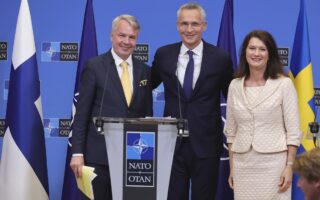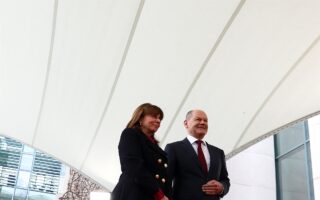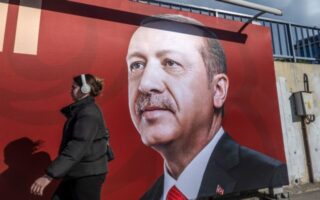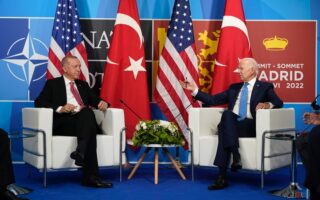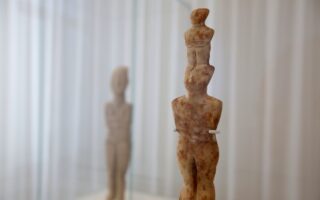When your neighbor lends a helping hand
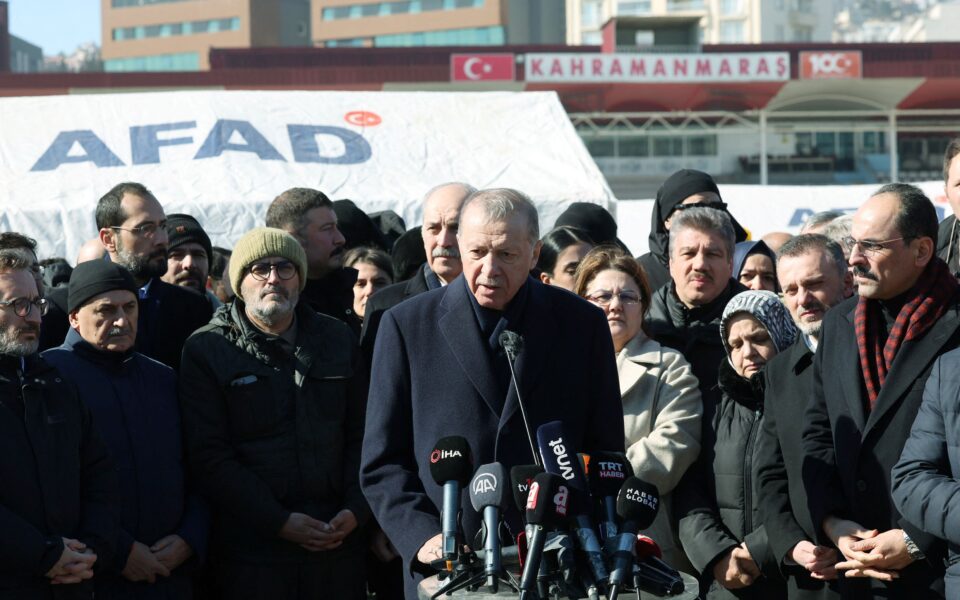
One-and-a-half minutes was enough. That’s how long the earthquake that leveled a large part of southeastern Turkey in the early hours of Monday lasted. The wounds left by the main earthquake and the threat of strong aftershocks for many months to come are undoubtedly creating a new situation. They overturn plans, change priorities, reshape policies.
Another day dawned for Turkey on Monday with the country’s biggest temblor in over 80 years having imposed its own reality. The thousands of dead, the many more trapped, the injured, the sick, languishing in harsh winter conditions, and the damaged infrastructure leave no room for political planning and pre-election tactics for the Turkish leadership.
Can the humanitarian disaster in Turkey be the release valve for the tensions in its relations with neighbor Greece? There was great concern up until a few days ago about an even greater escalation of tension by Ankara, as part of the government’s pre-election show of “patriotism.” But in the face of such disaster, how convincing for struggling Turks is a pre-election narrative about external threats? How much can one be convinced of any aggressive plans of the Greeks, when we were among the first to come to Turkey’s help? We’ll see.
Athens rushed to lend a helping hand by immediately declaring its willingness to help. Prime Minister Kyriakos Mitsotakis stated the obvious: We are neighbors and in difficult times we help each other. “It is time to temporarily put aside our differences and face an urgent situation,” he said. The images of Greece’s EMAK disaster response team fighting against time to pull out people trapped in the rubble are a powerful message about the strength of cooperation between the two peoples.
The so-called earthquake diplomacy has proven to be very powerful in the past, helping to somewhat normalize relations between Athens and Ankara. It has also been proven that good relations and cooperation on low-politics matters, economic cooperation, cooperation in tourism and culture form a more positive background to discuss the big issues. Above all, they ease tensions between the peoples of the two countries, making the work of diplomacy and politics easier. Obviously, an earthquake, a natural disaster, no matter how big it is, does not automatically fix all the bad things, nor is it a switch that will turn and completely normalize bilateral relations.
It can, however, act as a catalyst to show in practice the real disposition of one country toward the other and, no doubt, it can decompress the accumulated tension in Greek-Turkish relations, which is a source of constant worry, raising the specter of some mistake, some accident, provocation or deliberate action, which could lead to a crisis.
